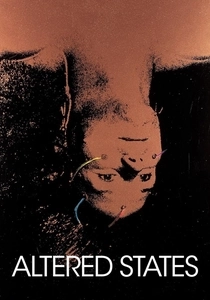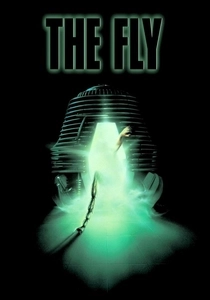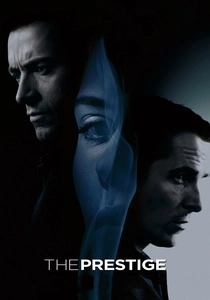Delving into the world of science fiction and thriller genres, this collection of films explores the often unforeseen and sometimes catastrophic consequences of experiments gone awry. From genetic mutations to time travel mishaps, these movies offer a thrilling look at what happens when human curiosity pushes the boundaries of ethics and safety. Whether you're a fan of suspense, horror, or just love a good cautionary tale, these films provide a fascinating insight into the potential perils of unchecked scientific ambition.

Altered States (1980)
Description: A scientist experiments with sensory deprivation and hallucinogenic drugs, leading to physical and psychological transformations that blur the lines between reality and perception.
Fact: The film was based on the novel by Paddy Chayefsky, who also wrote the screenplay, though he later disowned it due to creative differences.
 Watch Now
Watch Now 
The Fly (1986)
Description: A scientist's teleportation experiment goes horribly wrong when he accidentally merges his DNA with that of a fly, leading to a grotesque transformation. This film is a chilling reminder of the dangers of unchecked scientific ambition.
Fact: The film's special effects, particularly the transformation scenes, were groundbreaking at the time, earning Chris Walas an Academy Award for Best Makeup.
 Watch Now
Watch Now 
The Island of Dr. Moreau (1996)
Description: A shipwrecked man discovers a mad scientist's island where he has been conducting experiments to create human-animal hybrids, raising ethical questions about genetic manipulation.
Fact: The film had a notoriously troubled production, with multiple directors and script changes, leading to a unique but controversial final product.
 Watch Now
Watch Now 
The Cell (2000)
Description: A psychologist enters the mind of a comatose serial killer to find his latest victim, exploring the dark side of human consciousness through experimental virtual reality technology.
Fact: The film's visual effects were highly praised, with director Tarsem Singh creating surreal and visually stunning dream sequences.
 Watch Now
Watch Now 
The Butterfly Effect (2004)
Description: A young man discovers he can travel back in time to his childhood, but his attempts to change the past have devastating effects on the present, illustrating the chaos theory's butterfly effect.
Fact: The film had several alternate endings, reflecting the theme of how small changes can lead to vastly different outcomes.
 Watch Now
Watch Now 
The Prestige (2006)
Description: Two rival magicians in Victorian London engage in a battle of one-upmanship, leading to experiments with dangerous consequences, including cloning and teleportation.
Fact: The film was adapted from a novel by Christopher Priest, and its complex narrative structure has become a subject of study in film schools.
 Watch Now
Watch Now 
Splice (2009)
Description: Two genetic engineers create a new organism, Dren, which grows rapidly and becomes increasingly dangerous, showcasing the ethical dilemmas of playing God with genetics.
Fact: The film was inspired by real-life genetic engineering debates, particularly the creation of human-animal hybrids.
 Watch Now
Watch Now 
The Invisible Man (2020)
Description: A modern take on H.G. Wells' classic, where a woman discovers her abusive ex has used an experimental invisibility suit to stalk her, exploring themes of power and control through scientific means.
Fact: The film uses practical effects for the invisibility scenes, making the terror more visceral and real.
 Watch Now
Watch Now 
The Lazarus Effect (2015)
Description: A group of researchers bring a dead subject back to life, only to find that the resurrection has unintended and horrifying consequences, delving into the ethics of life and death.
Fact: The film's title refers to the biblical story of Lazarus, who was raised from the dead by Jesus.
 Watch Now
Watch Now 
The Experiment (2001)
Description: Based on the real-life Stanford prison experiment, this German film shows how quickly power dynamics can shift when a group of men are divided into prisoners and guards in a simulated prison environment.
Fact: The film was remade in Hollywood as "The Experiment" in 2010, but the original German version is often considered superior for its raw intensity.
 30 Days Free
30 Days Free 








